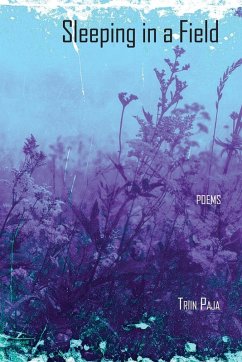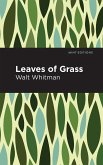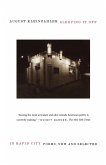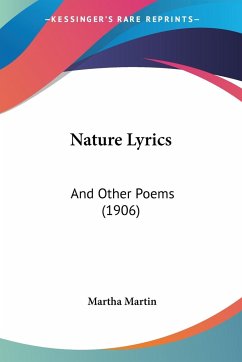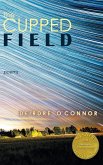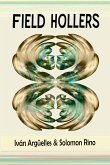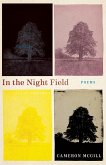From the Introduction If Sleeping in a Field does one thing, it showcases poet Triin Paja's descriptive powers at their best. Her mission is to celebrate nature's wonder and exquisite beauty without ignoring its menacing and violent shadows. She enters her poems through language that is stunning and elegant. If you're lucky enough to remember an unplugged childhood, Paja's poems will rekindle what might be diminished or lost by giving voice to what many of us recognize but can seldom articulate. Reviews Triin Paja's debut collection, Sleeping in a Field, shimmers and shines like "half-limbed light" dancing off "the grey eyes of the sea." These poems read like hymns, like devotions-to the world and its imperiled creatures and to beloveds-but they are grief songs, dusk-lit funeral chants that celebrate the wild beauty of a thing even as it passes. As "seagulls sail in an arc of hunger," forests' "mossy legs" are clearcut, leaving a black woodpecker to figure out "how to make a nest in the sky," and a speaker, remembering a lost love, laments that she has "also eaten out of the bowl / of such loneliness." In these pages, Triin Paja conjures a strange and spectral world, brings it fully into beautiful being, dappled with poem-light, her words "oil / for the lantern of our poor earth." -Francesca Bell, author of What Small Sound and Bright Stain This remarkable collection begins with a declaration- "I chose fields instead of children"-and ends with a wish-"I wish to be the water now, the vessel, the world." In between, in poems both haunted and haunting, Triin Paja leads us in and out of the most elemental of rooms: a river, the wind, a field; remember them from childhood? It is a particular relief to discover a poet who understands: "I have also eaten out of the bowl / of such loneliness." And when Paja writes, "the fire told me what I always knew / to stop telling yourself the story of your life / to be attentive now // to the strange world around you," I find that I am listening, that I too remember what I used to know, and am grateful for the memory and for these poems. -Mary Ann Samyn, author of My Life in Heaven and Air, Light, Dust, Shadow, Distance Triin Paja's richly described Sleeping in a Field delights in the natural world. Nonetheless, Paja does not shy away from the realities of death and predation among animals. Instead, the book observes the cycles of that world in a way that is subtly feminine: human mothers and daughters are woven into this rhythm of return, alongside animal ones: "the wind is the largest room / she knows //and it is growing." The world Sleeping in the Field creates feels folkloric and ancient, mysterious and ineffable, as Paja acknowledges when she tells us "my throat grew sore / whistling to indecipherable birds // for thereafter, speaking felt like betrayal." -Kim Jacobs-Beck, Director of Milk & Cake Press
Bitte wählen Sie Ihr Anliegen aus.
Rechnungen
Retourenschein anfordern
Bestellstatus
Storno

